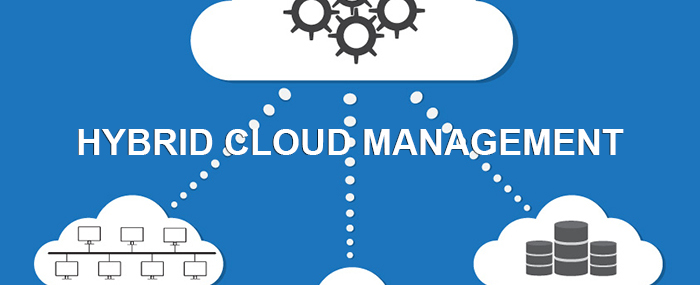Hybrid Cloud Management


The HCM solution is designed to improve the agility of meeting the two main requirements of the information technology operations team and to enable the teams engaged in Devops development to work faster and adapt to different new technologies. (Providing the “Deployment Automation” process, one of the components of the Devops concept)
HCM solution, via self-service portal, allows you to manage your hybrid cloud environment, end-to-end orchestration of IT operations, and automate application deployment and IT compliance. The automation feature of the solution aims to reduce the effort required for your cloud development and investments. It also allows you to get cloud capacity usage, analytic and showback reports, and quickly design, manage and provision cloud services using metrics in these reports.
It allows your team to perform the platform as a service having PaaS (Platform as a Service), DBaaS (Database as a Service), and XaaS (Anything-as-a-service) features.
It is observed that the dependency of information technologies organizations to cloud architecture has increased significantly. The main reasons are speed, operational cost and availability.
At this point, containers are on the rise as they are advantageous in terms of both cost and speed and accessibility. According to the surveys, in 2019, one third of IaaS services will be offered via container.
It has native integration with container vendors such as Docker, Marathon / Mesos, and Kubernetes. Through the HCM solution, Hybrid Container accelerates your adaptation to the technology by managing your platform.
As a result, the HCM solution gives your organization cloud and technology freedom. It improves the efficiency of information technology operations teams by enabling you to manage your Hybrid Cloud, Hybrid infrastructure, Hybrid Container platform over a single platform.
Main features of Cloud Management Platform
· Automatic Service LifeCyle Management
ü HTML5 Service Portal
ü Cloud services (SaaS, PaaS, Iaas)
ü Advanced tools for service design modeling
· Enterprise-class management
ü High availability, security
ü Multi-tenant support with role-based access
ü Intelligent resource usage, monitoring and compatibility
ü Flexible, open and expandable architecture
ü Platform independent support
ü Public cloud services
ü Integration with Microfocus and Non-Microfocus products
ü API’s for 3rd party integration